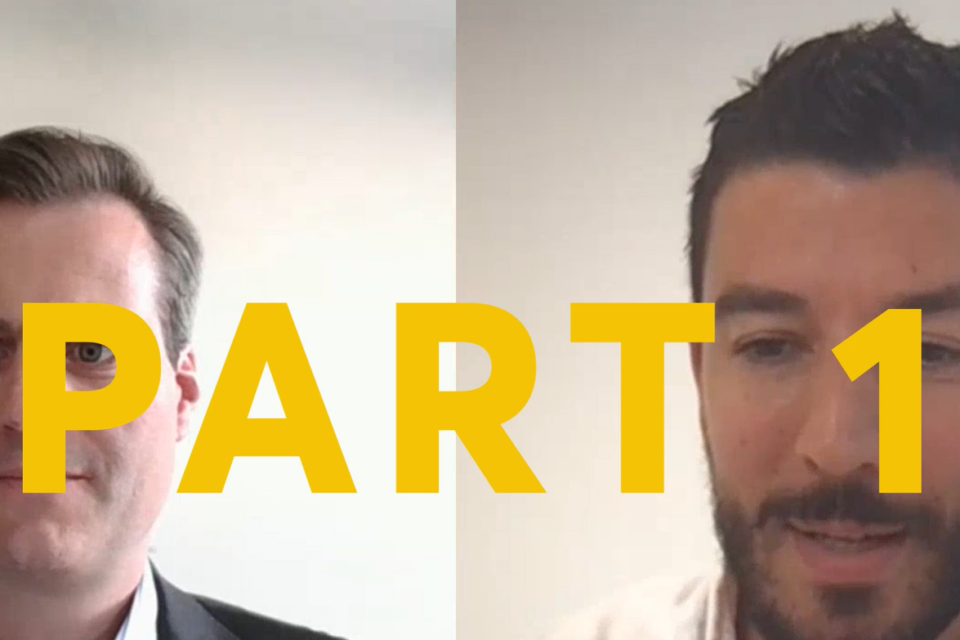You recently joined Mavence to drive development across Belgium. Given your extensive background in Public Affairs, we’d love to dig deeper into how you see the field, and what kind of unique perspectives you bring.
Q: To start off, can you share some insights on the Belgian Public Affairs market in particular?
A: Of course. Belgium is quite a complex country, with most of the legislative powers belonging to the regions – Flanders, Wallonia, and Brussels – with some important ones being reserved for the national federal government. And there can also be some cultural mindset differences, aside from just linguistic ones.
That’s why when it comes to Belgium in particular, you will often see PA departments structured differently than in other countries: most companies with a national scope will have Walloon, Flemish, and Brussels-specific divisions, in addition to some people focusing on the federal level. On the other hand, there are some companies that only work in one region, either because they don’t have the linguistic bandwidth to cover everything, or because of the differentiated legislative frameworks across regions.
The result is that one could say that the Belgian market is geographically small, but in practice has the political depth and complexity of a much larger, more diverse and demanding regional ecosystem. There is quite a lot of potential for the public affairs market as those who speak the two languages fluently and can master all the ins and outs of all regional and federal subject matters are very rare. And just as importantly, associations representing the various interest groups are often split between the regions, adding an additional need for qualified policy/public affairs professionals.
So, the market is definitely there, even if at first glance it’s difficult for those unfamiliar with Belgium’s idiosyncrasies to fully appreciate the depth and nuance of the PA scene. That said, perhaps this makes it an even better example of what it means to practice Public Affairs writ large, which as a function is something I’ve often said some people still underestimate or even misunderstand the importance of.
Q: Can you elaborate on that last point a little more?
A: The public affairs profession is often shrouded in mystery: for many it can often be a one-person job, deployed afield wherever interest representation needs to happen and then spending most of their days outside the office, meeting high level officials and attending network dinners and receptions. As a result, colleagues who don’t work in public affairs themselves or who don’t have direct dealings with them may not have a clear picture of what they’re doing, or where those hours are going besides nebulous chatter and free receptions.
There is at least one element of truth to these assumptions, in that engaging with stakeholders – finding who is important for your issues, and talking to them where they are – is an essential part of the job. Networking is all about creating and maintaining contacts that you can revert to whenever you may need them, and like all relationships they require investment and cultivation. And for all that investment, you can never be fully certain as to when you may need to call upon those contacts – it could be in a day, a week, or years down the line under a new administration and with different issues dominating the political agenda. In any event, this kind of forward-looking, strategic cultivation does not fit nicely into typical frameworks for performance tracking or reporting tools, that seek to quantify in immediate black-and-white whether a job is done, and how.
This brings me to my statement on the importance of public affairs being underestimated. To do it well, it requires significant investment that is often difficult to capture, and which happens behind the scenes or out of the spotlights of the rest of the business. This does not change the fact, however, that directly or indirectly every business regardless of their market is dependent to some degree on regulatory authorities and the architecture of the laws in which they operate, and effective engagement on both these fronts require an ability to navigate both the personal and the technical across a broad range of issues.
Q: The picture you paint sounds lonely, or at worst demotivating. Why would someone work in Public Affairs if your work goes misunderstood or underappreciated by your colleagues?
A: Because it’s fun! First and foremost, it’s creative: there are many ways to engage with and influence decision-makers, and crafting a narratively compelling but technically sound approach to defend your interests and rally allies to your cause leaves a lot of room for inspiration. Not to mention the fact that in the event that your first plan of attack doesn’t pan out, you need to be agile enough to come up with a back-up plan – and then a back-up of the back-up.
Secondly, it’s interesting: on the one hand, you have the technical nitty-gritty of regulation and political machinery, while on the other hand you have to maintain a strategic, long-term perspective that encompasses not just your policy area, but the future trajectory of your company. In that regard, you must be able to anticipate and position proactively, with a sense for not just the individual “trees” you’re working on today, but for what the collective forest will look like years from now.
Thirdly, it’s a human job: while from a corporate perspective you may feel like an embattled outpost, in your day-to-day work you meet plenty of diverse and interesting people, in situations that call for empathy and insight. To be successful, you need to understand not only how they affect your issues, but what drives them, and where your interests intersect or align.
And most importantly: your work usually has an important impact on the business. It can make or break a business strategy.
Q: What are the main characteristics of a typical Public Affairs profile?
A: It helps to be a bit of an extrovert, certainly, but more importantly is a solid set of communication skills and, as I said before, empathy. And even social butterflies would do well to remember that discretion is often the better part of valour, and finding opportunities to let both your leadership and your political stakeholders shine while pursuing your interests is typical in this field.
A sense for how things work and a sharp intellect is indispensable, and doesn’t necessarily mean a prestigious law degree bought and paid for with sleepless nights in the library: hands-on professional experience and direct exposure are more than sufficient, and as long as you know what you’re talking about and how to get where you want to go, everything else is superficial.


